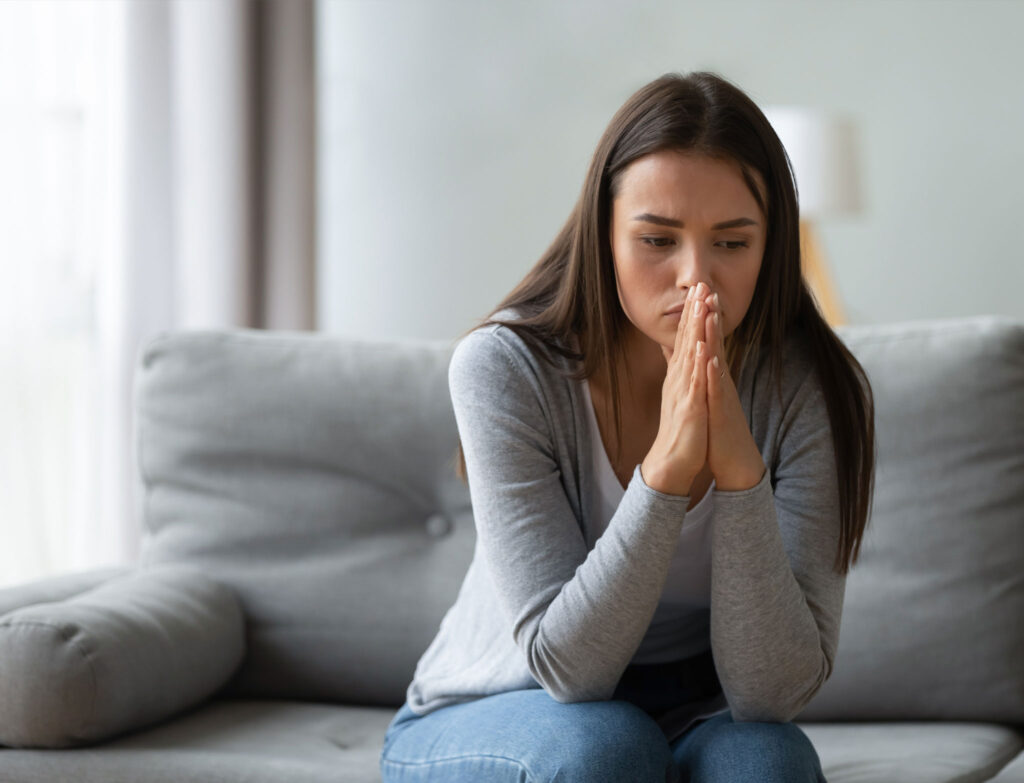
Anxiety is a common mental health condition characterized by excessive worry, fear, or nervousness that can interfere with daily life. While feeling anxious is a normal response to stress, persistent or overwhelming anxiety may require professional support. At Medicine Park Mental Health, we provide compassionate, evidence-based treatment to help individuals manage anxiety and regain control over their mental and emotional well-being.
Anxiety is by far the most prevalent mental health crisis faced by people in our modern world. More than 40 million American adults struggle with anxiety of some sort. Anxiety never exists in a vacuum, it’s always accompanied by worry and emotional pain. It amplifies our fears and the worry and pain hijack our senses and prevent us from enjoying the present moment.
Most Common Signs and Symptoms
Types of Anxiety include:
Cycle of Avoidance
Because we want to avoid suffering we actively try to escape anxious feelings as quickly as possible. Unfortunately, we only rarely succeed at truly getting rid of those anxious feelings. Suppressing them, denying them or distracting ourselves only works momentarily as an escape from anxiety. They’re temporary fixes at best. Anxiety inevitably returns, often with even greater intensity. We refer to this dynamic as the “cycle of avoidance.” We cannot fix the problem of anxiety by avoiding it; we must instead learn how to change our relationship with it.